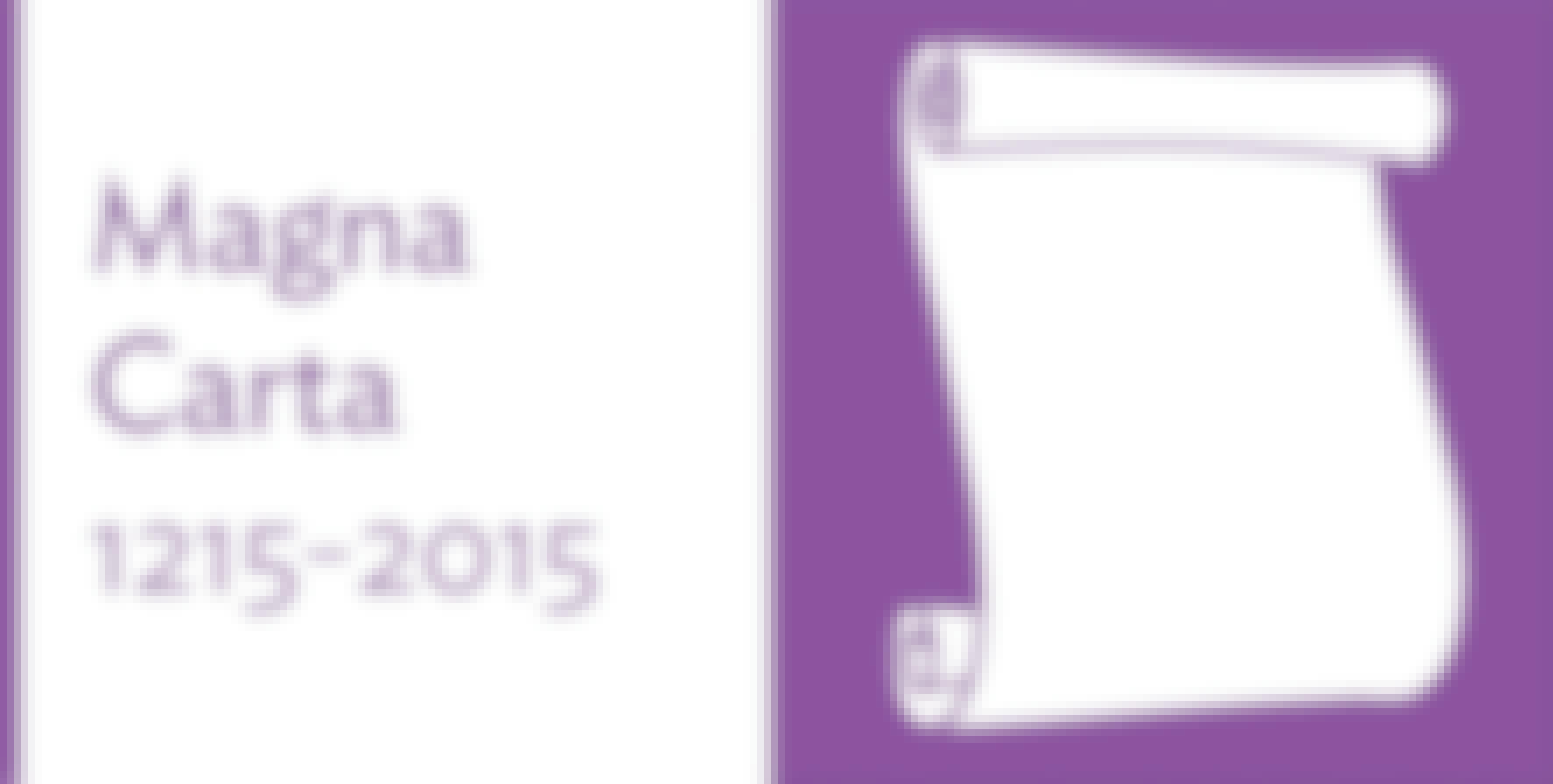- Browse
- Medieval Europe
Medieval Europe Courses
Courses in Medieval Europe can help you learn about feudalism, the role of the Church, and the impact of the Crusades on society. You can build skills in analyzing historical texts, understanding cultural contexts, and evaluating the influence of medieval art and architecture. Many courses introduce tools like primary source analysis and digital mapping techniques, which help you visualize historical events and their geographical significance.
Popular Medieval Europe Courses and Certifications
 Status: PreviewPreviewT
Status: PreviewPreviewTTechnical University of Munich (TUM)
Skills you'll gain: Commercialization, Transportation Operations, Resource Utilization, Sustainable Development, Medical Science and Research, Environment and Resource Management, Sustainable Technologies, Strategic Planning, Medical Equipment and Technology, Strategic Partnership, Physical Science, Market Opportunities, Science and Research, Laboratory Research, Environmental Science, Research, Engineering, Scientific, and Technical Instruments
4.7·Rating, 4.7 out of 5 stars26 reviewsIntermediate · Course · 1 - 3 Months
 Status: PreviewPreviewU
Status: PreviewPreviewUUniversity of Zurich
Skills you'll gain: Environment, Sustainable Development, Aesthetics, Sustainable Systems, Environmental Policy, Liberal Arts, Social Sciences, Economics, Policy, and Social Studies, Cultural Diversity, Sociology, Storytelling
4.7·Rating, 4.7 out of 5 stars192 reviewsBeginner · Course · 1 - 3 Months
 Status: FreeFreeU
Status: FreeFreeUUniversity of Copenhagen
Skills you'll gain: Political Sciences, Social Sciences, Cultural Diversity, International Relations, Governance, World History, Policy Analysis, Sociology, Civil Law, Socioeconomics, Economics
4.8·Rating, 4.8 out of 5 stars714 reviewsMixed · Course · 1 - 3 Months
 Status: PreviewPreviewD
Status: PreviewPreviewDDartmouth College
Skills you'll gain: Music History, Classical Music, Music, Music Theory, Musical Composition, Music Performance, Performing Arts
4.8·Rating, 4.8 out of 5 stars6 reviewsMixed · Course · 1 - 3 Months
 Status: PreviewPreviewS
Status: PreviewPreviewSSapienza University of Rome
Skills you'll gain: Ancient History, World History, Art History, Social Sciences, Anthropology, Water Resources, European History, Cultural Diversity, Sociology, Economics
4.5·Rating, 4.5 out of 5 stars428 reviewsBeginner · Course · 1 - 3 Months
 Status: Free TrialFree TrialD
Status: Free TrialFree TrialDDartmouth College
Skills you'll gain: Storytelling, Oral Expression, Writing, Liberal Arts, Editing, Ethical Standards And Conduct, Research, Diversity Awareness, Social Studies, Social Justice, World History, Cultural Diversity, Culture, Creativity, Political Sciences, Advocacy, Public History
4.6·Rating, 4.6 out of 5 stars19 reviewsBeginner · Specialization · 3 - 6 Months
 Status: FreeFreeL
Status: FreeFreeLLudwig-Maximilians-Universität München (LMU)
Skills you'll gain: Performing Arts, Culture, International Relations, World History, Cultural Diversity, Art History, Social Studies, Intercultural Competence, Music History, Public History, Media and Communications, Research
4.7·Rating, 4.7 out of 5 stars232 reviewsBeginner · Course · 1 - 3 Months
 Status: PreviewPreviewT
Status: PreviewPreviewTThe University of Melbourne
Skills you'll gain: World History, European History, Social Sciences, International Relations, Social Justice, Social Impact, Political Sciences, Cultural Diversity, Economics
4.8·Rating, 4.8 out of 5 stars324 reviewsBeginner · Course · 1 - 3 Months
 Status: FreeFreeU
Status: FreeFreeUUtrecht University
Skills you'll gain: Social Justice, Court Systems, Political Sciences, Immigration Law, Law, Regulation, and Compliance, Diversity Awareness, European History, Cultural Diversity, Social Sciences, Civil Law, Case Law, Media and Communications
4.8·Rating, 4.8 out of 5 stars623 reviewsBeginner · Course · 1 - 3 Months
 Status: NewNewStatus: Free TrialFree TrialT
Status: NewNewStatus: Free TrialFree TrialTThe Museum of Modern Art
Skills you'll gain: Aesthetics, Cultural Diversity, Performing Arts, Social Impact, Creativity, Creative Thinking, Non-Verbal Communication, Design Elements And Principles, Sustainability Standards, Photography, Ethical Standards And Conduct
Beginner · Specialization · 1 - 3 Months
 Status: PreviewPreviewU
Status: PreviewPreviewUUniversity of London
Skills you'll gain: Public History, World History, European History, Ancient History, Policy Analysis, Political Sciences, International Relations, Social Justice, Law, Regulation, and Compliance
4.6·Rating, 4.6 out of 5 stars63 reviewsBeginner · Course · 1 - 3 Months
 Status: PreviewPreviewU
Status: PreviewPreviewUUniversitat Autònoma de Barcelona
Skills you'll gain: World History, Cultural Diversity, Economic Development, Political Sciences, Cultural Sensitivity, Economics, International Relations, Social Sciences, Diplomacy, Governance
4.7·Rating, 4.7 out of 5 stars31 reviewsBeginner · Course · 1 - 3 Months
In summary, here are 10 of our most popular medieval europe courses
- Space Exploration: Technical University of Munich (TUM)
- Asian Environmental Humanities: Landscapes in Transition: University of Zurich
- Constitutional Struggles in the Muslim World: University of Copenhagen
- Introduction to Italian Opera: Dartmouth College
- At the Origins of the Mediterranean Civilization: Archaeology of the City from the Levant to the West - 3rd-1st millennium BC: Sapienza University of Rome
- American Renaissance: Classic Literature of the 19th Century: Dartmouth College
- Theatre and Globalization: Ludwig-Maximilians-Universität München (LMU)
- The French Revolution: The University of Melbourne
- Human Rights for Open Societies: Utrecht University
- Fashion As Design: The Museum of Modern Art










